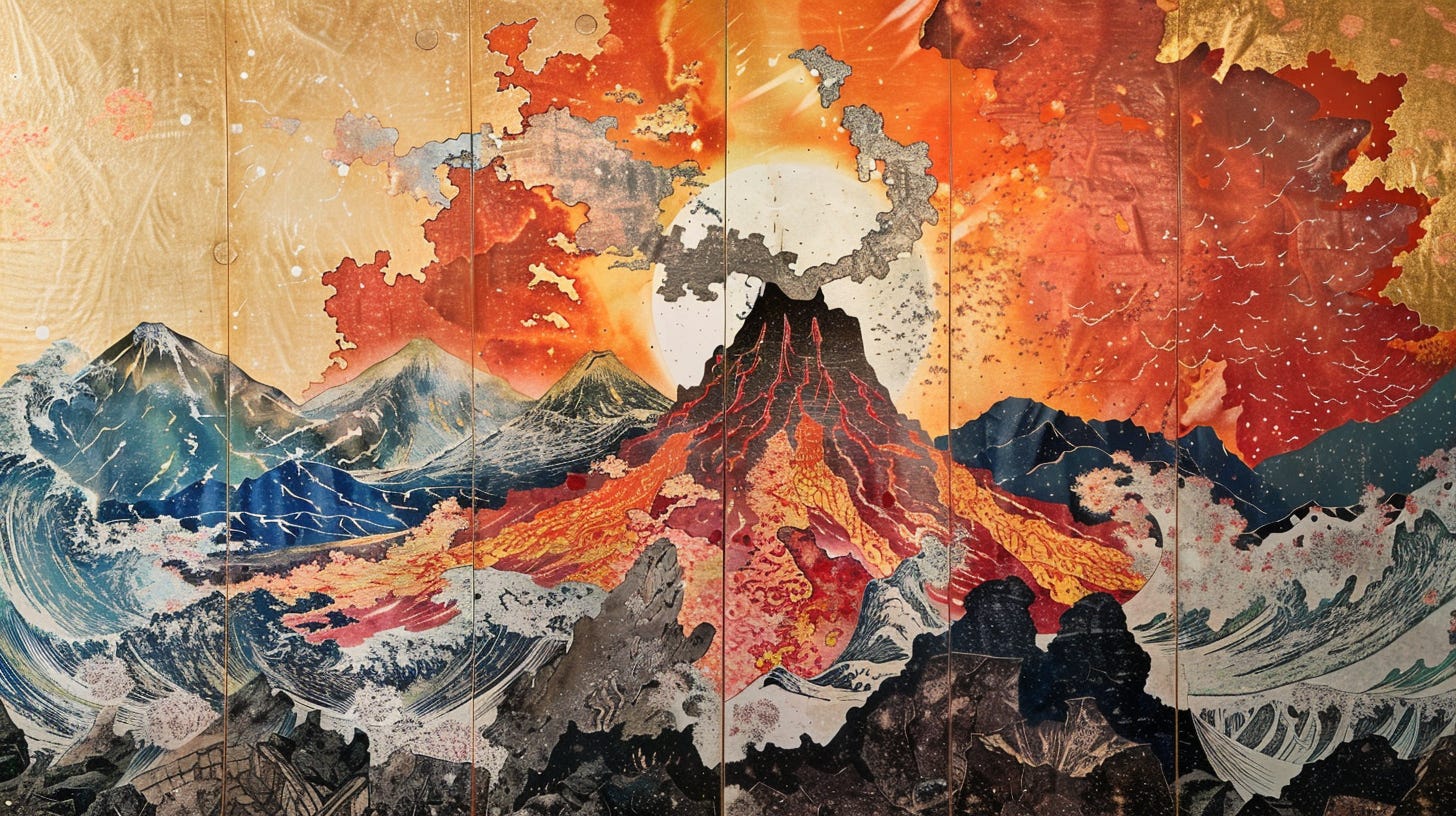This article was originally published at the Mad Genius Club on September 19, 2020. I’m no longer listening to podcasts, not having a commute, but I miss the intellectual sparks they threw out for me to catch.
"To be anti-free speech is to be anti-curious"
I was driving home from work, and listening to a podcast, because I've learned that dictation on the way to work is possible. Coming home? I'm tired and the story doesn't want to come out. Also, one more complication while I am driving tired is just a bad idea. Besides which, I use podcasts for everything from continuing education to mind candy and some are in between. Conversations with Coleman, and specifically this episode where he was interviewing Ayishat Akanbi was cued up, and when I heard her make that declaration it really hit me.
You see, as science fiction writers (any writer, but particularly SF) we are merchants of curiosity. The classic elements of SF: What if? What comes next? What if this goes on? are all curious questions posed by imaginative minds. We would be the poorer for having suppressed SF writers from the beginning, as the 'cancel culture' is attempting to do now, in the name of safety. If you listen (and it's lengthy, I haven't gotten through the whole episode yet) you'll hear them segue from talking about the anti-free speech movement and how it's evolving out of 'feeling unsafe' which means that those who would repress speech state that they don't want to hear it because it could lead to harm. Those who don't want books written - or who burn books because what is written in fiction makes them feel uncomfortable - they are adamantly against the freedom of speech, and they hate and fear curiosity.
We can't possibly know, extant a real and present danger (the 'fire!' in a crowded theater exemplar), if a speech is actually dangerous. In order to know, we must unravel what comes after it, and that cannot be done unless we permit it to be spoken in the first place. Fiction is, if anything, a safer place to explore these conversations and ramifications than real life. A curious mind can explore far beyond what can happen over years in society in a few hours of reading. And fiction sparks the imagination, or at least it should, rather than pedantically prescribing 'this is what reality should look like.' A voyage of future possibility buoyed up by the freedom to be curious.
Independent authors have this freedom, at least for now. Those who choose to use a publisher abrogate some of that freedom - and it has been used against many in recent years, sadly. Books that fell afoul of the anti-curious, anti-free speech crowd have died in pre-production, never seeing the light of day. The light that could have given their contents the scrutiny it deserved - or didn't. But rather than learn critical thinking, rhetoric, and logic, that crowd of book-burners (if there was never a book that could be burned, do we yet have a word for that?) decided they could not stand for the expression of an idea. Indie authors don't have that, although the tweeting mob can and will come after them trying to force them to drop out of the public eye. The risk we run, have always run, is deplatforming. If the companies we sell our books through refuse to carry them? I don't think it's likely to happen any time soon, but there are ways to get around it if that should happen.
It's a vile thing, this slow erosion of the right to be inquisitive. I've seen it turn otherwise bright young things into unthinking automatons. They have to agree with the crowd they are running with, lest it turn on them. The mob mentality is alive, well, and raging on the internet. Disagreement is not tolerated. Much less curiosity.
Is it any wonder that science fiction has been the target of a movement to make it puerile and ineffective? That the sense of wonder has been replaced with 'why go to space when we need to save the Earth!' except that going to space might be the answer to saving the Earth. We have not yet begun to explore the last frontiers. Thing is, exploration isn't safe. So if the suppression of free speech is based in never feeling unsafe, then obvs exploring is no-can-do comrade, sit your butt down and shuddup.
It's not a limitation I can accept. I reach for the stars. My reach may exceed my grasp, but I am standing on the shoulders of giants and they propelled us to the moon already.
And I'm curious. What's out there? What's next? What if this suppression goes on? We'll need a safe space to express dangerous ideas into. Maybe up there we can be free.





